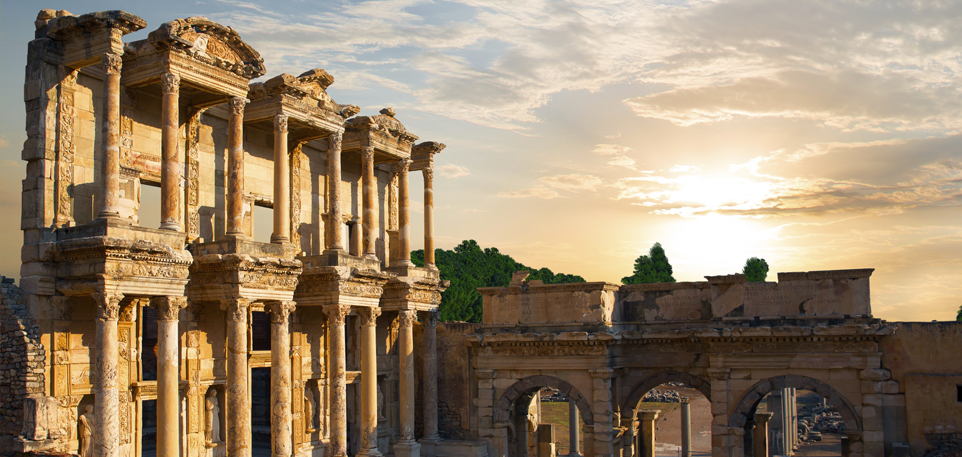
Discover or rediscover the antiquities
Cultural heritage is like a great puzzle. Every monument, every object is an irreplaceable part of the whole figure that gives us information about our origins on our evolutions and on our present. It helps us to understand and appreciate other people's cultures. Every discovery, every new interpretation adds a puzzle piece making the image clearer.
İzmir and surroundings
İzmir: Hometown of Homer. The original city (today Bayraklı) was founded in the 3rd millennium BC developed together with the city of Troy, is one of the most advanced cultural cities of West Anatolia. Around 1500 BC, it was conquered by the Hitites. Archaeological excavations taking place in the "Yeşilova" mound since 2005, bringing to light the history of the city at 8500 years ago. During the first millennium BC. Izmir then known as Smyrna assumed a prominent role among the most important cities of the Ionian federation becoming the most brilliant among them. It is said that Homer lived in this period. Around 600 BC, the Lydians conquered the city by putting an end to this glorious period. So İzmir was reduced to being almost a village for the whole period of Lydian domination and later Persian. In the 6th century B.C. in the 4th. century B.C. following the development with Alexander the Great, a new city and the fortress of Kadifekale were built on the slopes of Mount Pagos, starting a second phase of splendor for the city. Later the Byzantines occupied the city (4th century) and it was the turn of the Seljuk conquest in the eleventh century. In 1415, under the reign of Sultan Mehmet Çelebi, İzmir became part of the Ottoman Empire.
Places to visit
Museums
Archaeological Museum: it is located in Konak Square, exhibiting a magnificent collection of precious objects. It is located in the agora (open every day except Monday)
Ethnographic Museum: it is located near the archaeological museum. It exhibits artifacts of popular origin such as the rugs of Gördes and Bergama and the refined collections of traditional folk costumes as well as crafts for camels. (open everyday except for Monday)
Atatürk Museum: it is located on the Atatürk avenue, in an old İzmir house that houses the founder of the republic. The photographs of the leader and his objects for personal use are exhibited (open every day except Monday).
Museum of Natural History: it is located in Bornova. Presents fossils from various eras found along the Aegean coast (Open every day except Monday).
"Selçuk" Archaeological Museum of Ephesus: The museum was built in 1929 as a simple deposit for excavations, having the flow of visitors, was then appropriately expanded and structured to collect the works found in the excavations not in chronological order but in groups according to the place of findings. There are about 80,000 objects in the museum.
Ödemiş Archaeological Museum: located in the village of Ödemiş 60 km from İzmir (Open every day except Monday)
Tire Archaeological Museum: It is located 50 km east of İzmir.
Historical places and monuments
Bayraklı: the excavations have brought to light a temple dedicated to Athena and the walls of the Ionian city flourished and prospered between the seventh and fifth centuries. B.C. Fragments of ceramics from the 3rd millennium BC were found here.
Kadıfekale: located on Mount Pagos, remain the ruins of a fortress built by Lysimachus under the reign of Alexander the Great. This fortress offers a natural view of the Gulf of İzmir.
Agora or Market: structured in the district of Namazgah was built by Alexander the Great. What we see today was recognized by Marcus Aurelius after the earthquake of 178 AD.
Aquaduckts of Şirinyer and Yeşildere: two examples of Roman engineering art. They cross the Meles river and supply the aqua ad izmir during the Byzantine and Ottoman ages.
Church of Saint Polycarp: one of the seven churches of the Apocalypse. In the year 1155, at the age of 86, St. Peter was martyred by the Romans in Kadifekale. According to the legend, the flames in which the saint was thrown surrounded him but did not burn him, forcing the executioner to stab him.
Kızlarağası Hanı: this eighteenth-century Ottoman caravanseraille is a fine example of the architecture of the period and has now been restored.
The Auberge Abacıoğlu: it is thought to have been built in the 18th century century consists of a courtyard and shops on two floors. After the 2007 restoration, the building turned into a luxurious restaurant and souvenir shops.
Clock Tower: is the architectural symbol of İzmir. Located in Konak Square, it is seen as the heart of the city. Built in 1901 in Ottoman style as a tribute to the Sultan Abdulhamid.
Asansör(Historical Elevator): famous district characterized by old restored houses and an ancient 19th century elevator 51 m high at the end of the alley "Dario Moreno", from which you can enjoy an exceptional panoramic view where you can admire the gulf.
Atatürk Monument: located in the center of the Cumhuriyet Meydanı (Republic Square). It is an impressive statue representing Atatürk sitting on horseback with his index pointing towards the sea. Built in 1933, this statue commemorates the liberation of the city by the Turkish armed forces.
Uçan Yunuslar Anıtı (flying dolphins): is located in Karşıyaka and is a monument that represents the amblem of friendship, equality and brotherhood.
Parks
Kültür Park: the huge international fair takes place every year in this huge park.
Olof Palme Park: located in Karşıyaka, this park is ideal for practicing a little sport.
Adnan Saygun Park: it houses an open-air museum, a theater, an amphitheater and a group of gardens where it is pleasant to walk.
İnsan Hakları Park (Park of Human Rights): it is a park with modern statues.
Muhammer Aksoy Park: this park has a very interesting vegetation.
Turgut Özal Park: located near Bayraklı and many activities are often organized.
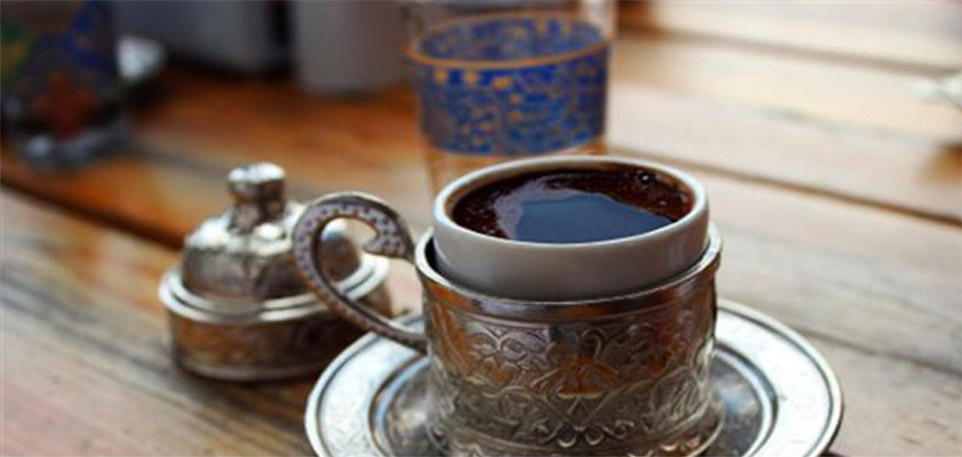 Drinking Turkish coffee Scopri o riscopri con noi
Drinking Turkish coffee Scopri o riscopri con noi 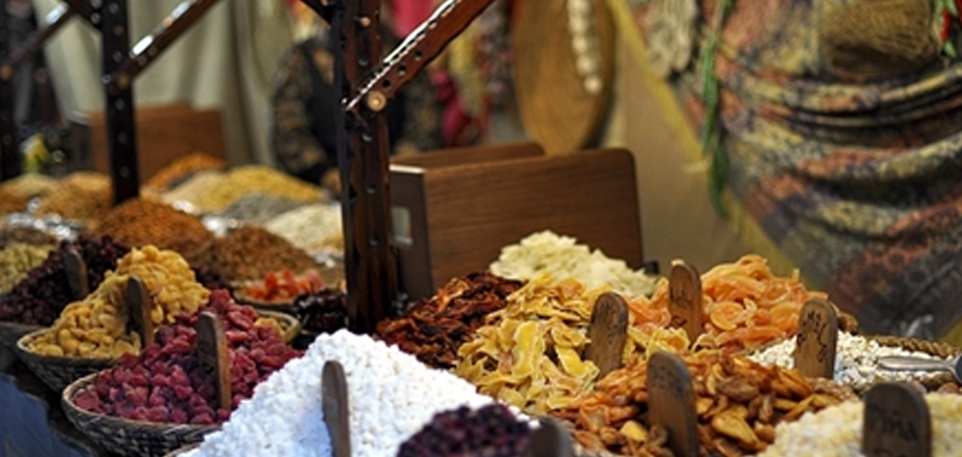 Taste the typical dishes Scopri o riscopri con noi
Taste the typical dishes Scopri o riscopri con noi 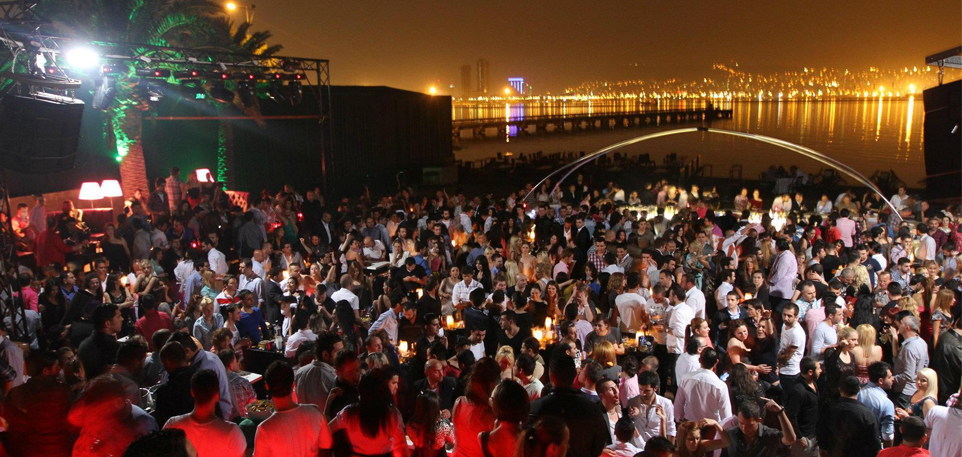 Incontrarsi ad Alsancak Scopri o riscopri con noi
Incontrarsi ad Alsancak Scopri o riscopri con noi 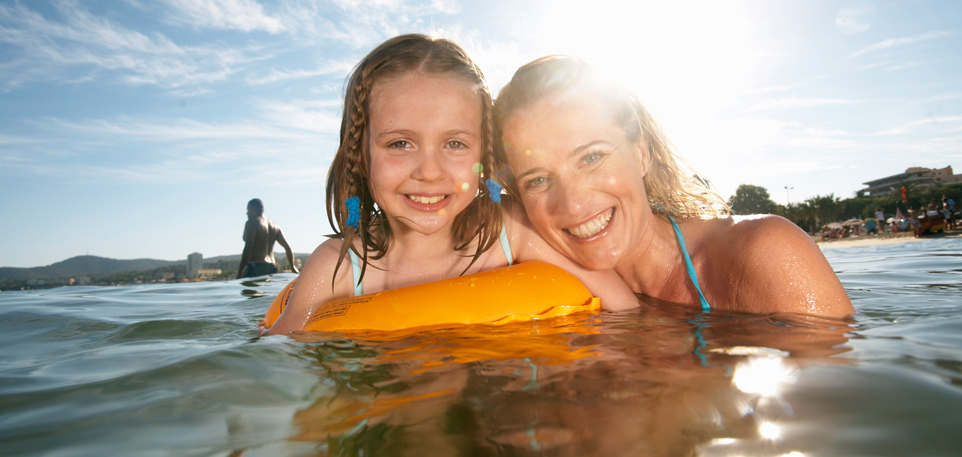 Going to the sea Scopri o riscopri con noi
Going to the sea Scopri o riscopri con noi  Discover or rediscover the antiquities Scopri o riscopri con noi
Discover or rediscover the antiquities Scopri o riscopri con noi 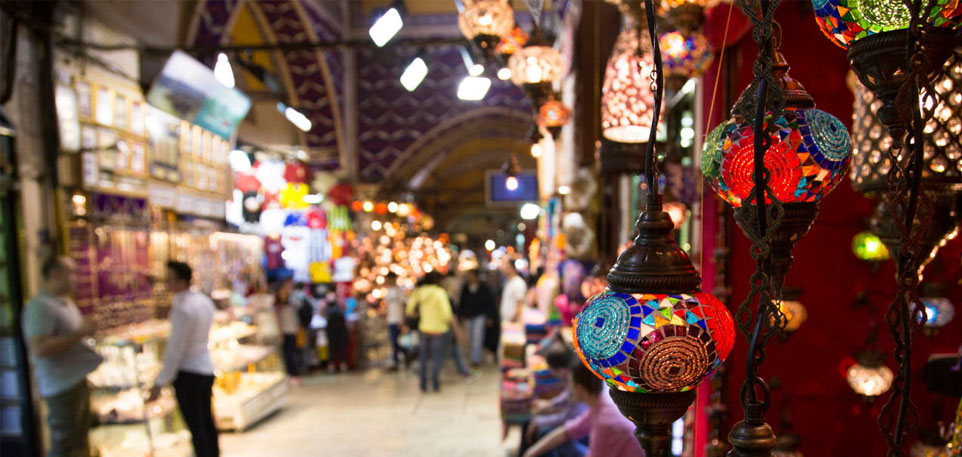 Go shopping Scopri o riscopri con noi
Go shopping Scopri o riscopri con noi  Studying in İZMİR Scopri o riscopri con noi
Studying in İZMİR Scopri o riscopri con noi  Going to the beach club Scopri o riscopri con noi
Going to the beach club Scopri o riscopri con noi  Sunrise & Sunset Scopri o riscopri con noi
Sunrise & Sunset Scopri o riscopri con noi 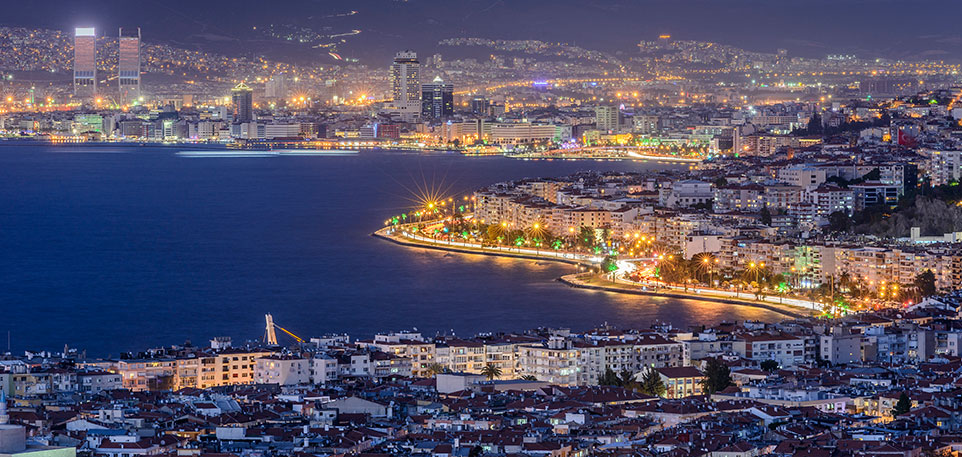 Stroll along the seafront 'the Kordon' Scopri o riscopri con noi
Stroll along the seafront 'the Kordon' Scopri o riscopri con noi 